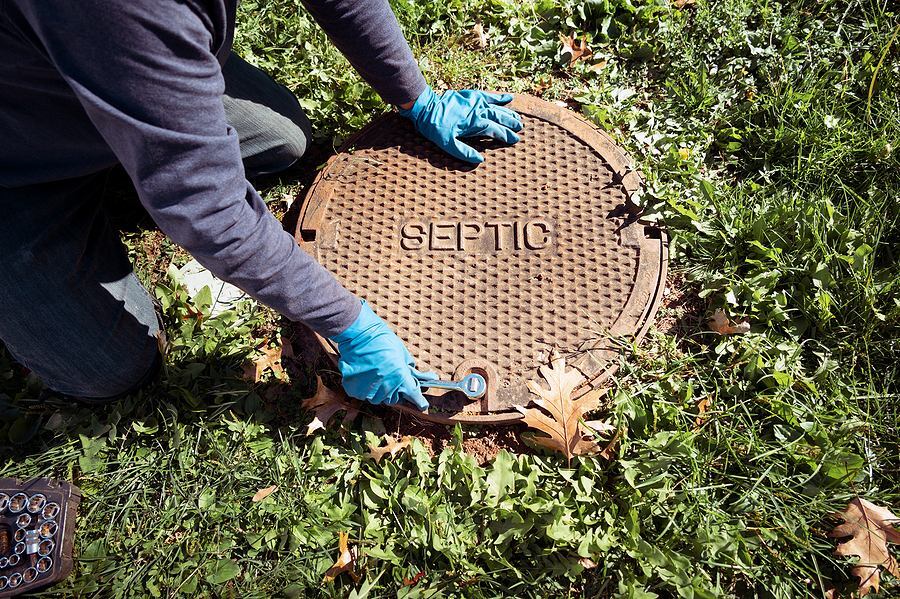
Maintaining a functional septic system is essential for the smooth operation of any household. Over time, however, these systems may require upgrades or replacements to ensure they continue to function efficiently and prevent costly issues. Whether you're experiencing frequent backups, foul odors, or other signs of distress, upgrading your domestic septic tank could be the solution. Here are some crucial factors to consider when considering such an upgrade.
Before diving into any upgrade, it's vital to assess the condition and capacity of your existing septic tank. Consider factors such as its age, size, and material. An inspection by a professional septic company can provide valuable insights into whether a septic tank repair or replacement is necessary.
Take note of any recurring issues such as slow draining, gurgling pipes, or sewage backups. These could indicate underlying problems with your current septic system that may require more than routine maintenance. Septic tank pumping and cleaning may offer temporary relief, but if issues persist, upgrading may be the best long-term solution.
Evaluate your household's water usage and the size of your property to determine the appropriate tank capacity for your needs. A septic tank that is too small for your household's demand can lead to frequent overflows and system failures. Conversely, an oversized tank may result in unnecessary expenses. Consult with a septic tank installation expert to determine the optimal size for your property.
Upgrading your septic tank presents an opportunity to choose eco-friendly options that minimize environmental impact. Consider installing a modern, energy-efficient system that utilizes advanced treatment technologies to reduce pollutants and conserve water. Additionally, explore alternative disposal methods such as composting toilets or greywater recycling systems to further reduce your household's environmental footprint.
Ensure that any upgrades or replacements adhere to local regulations and codes governing septic systems. Obtaining the necessary permits and approvals is essential to avoid legal complications and potential fines. A reputable septic company can guide you through the permitting process and ensure compliance with all relevant regulations.
Consider the ongoing maintenance requirements of your upgraded septic system. Regular septic tank cleaning and inspections are essential to prolonging its lifespan and preventing costly repairs. Discuss maintenance schedules and procedures with your chosen septic company to ensure your system remains in optimal condition.
Upgrading your domestic septic tank is a significant investment, so it's essential to establish a realistic budget for the project. Obtain multiple quotes from reputable septic companies and compare their services, warranties, and pricing structures. While cost is a crucial factor, prioritize quality and reliability to avoid future expenses associated with subpar workmanship.
Anticipate future changes to your household size or water usage that may necessitate further upgrades to your septic system. Opt for a design that allows for easy expansion or modification to accommodate future needs without major disruptions or expenses.
Upgrading your domestic septic tank is a decision that requires careful consideration of various factors. By assessing certain factors, you can make an informed decision that ensures the continued functionality and efficiency of your septic system. Consultation with a reputable septic company like Rooter Septic Services is crucial throughout the process to ensure a successful upgrade that meets your specific needs and requirements.